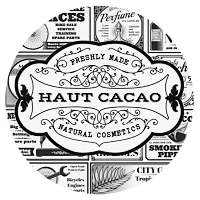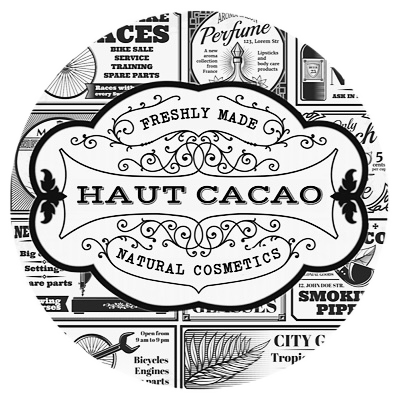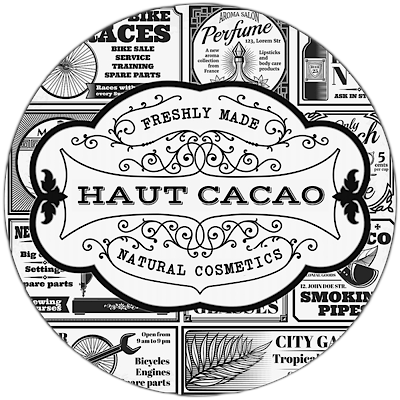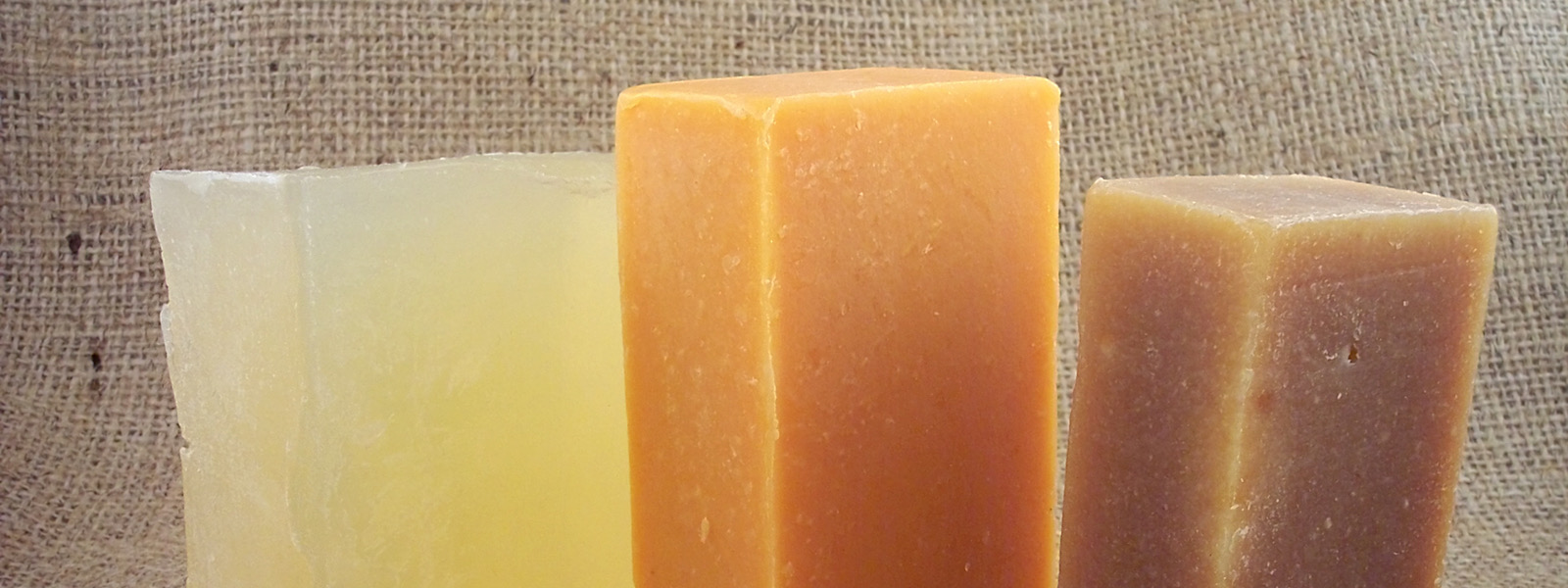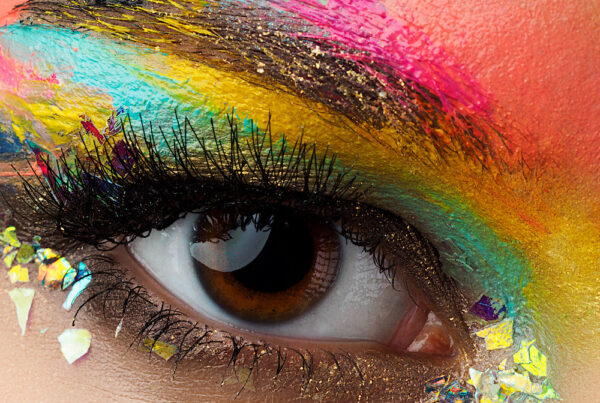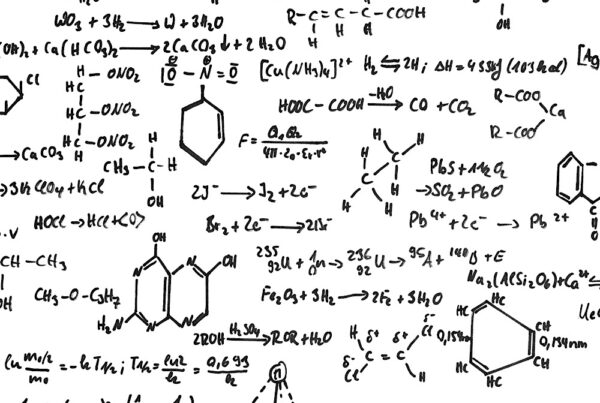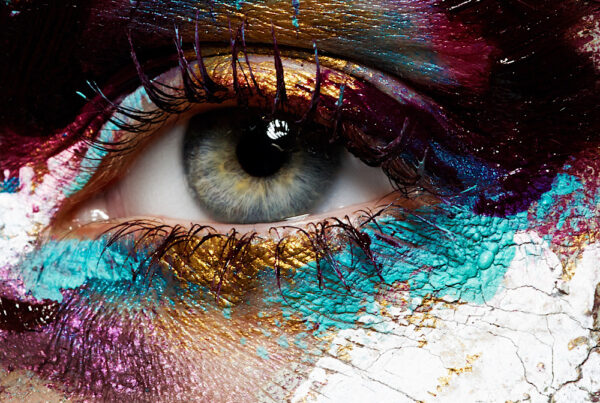It’s a popular ingredient in many natural hair and skincare products, but what do you REALLY know about glycerin? Glycerin is typically made from plants, petroleum, or animal products. Vegetable glycerin is made by heating vegetable fats such as palm oil, soybean oil, or coconut oil under pressure, or by combining the oil with lye, which acts as an alkali and helps split glycerin from the fatty acids in the oil. The result is an odorless, sweet-tasting liquid with a syrupy consistency. If you use a lot of products with glycerin and you have very thick hair (and sometimes even if you don’t), this sticky consistency can cause other things to stick to your hair and cause build-up. This can lead to having to wash your hair more often and having to replenish your hair products more frequently.
glycerin’s properties
Even though glycerin should bind moisture, it often does the exact opposite. It draws out moisture and binds it. This dehydrates the skin and it becomes less elastic. Glycerin is a conditioning alcohol that is used in a large percentage of shampoos, conditioners, and styling products. It is a humectant, and as such, it has the ability to deposit or remove moisture from the hair depending on the dew point. It is a very beneficial ingredient when the level of moisture in the air is at an optimal range, when the temperatures range between 40 and 60 degrees. It works less effectively when the temperatures are above or below this range. In arid, desert-like climates, it can cause hair to become limp and flat, and lose all curl definition. In hot, humid climates (think Florida or New Orleans in the Summer”> it can cause strands to swell with moisture and become puffy and frizzy. Because weather is an ever-changing entity, many curlies have added glycerin to their list of ingredients to avoid or limit. High porosity curlies seem to be particularly sensitive to humectants, but any porosity can have challenges with them. While it is possible to create a glycerin-free or low-glycerin regimen, finding products with no or very small amounts of this common ingredient can be a challenge, and can restrict your choices, particularly if you have other considerations like fragrance-sensitivities and allergies, or are vegan. Ask yourself the following questions before swapping out your current products containing glycerin. My product formulas are completely free from glycerin.
a catch-22
glycerin or glycerol can cause mild irritation to the eyes, nose, lungs and skin, particularly due to its hygroscopic nature. Skin and other internal organs can get dried out when pure glycerol comes into contact with these moist tissues. Since the molecule can bind to water, the same property that makes glycerol a good humectant also desiccates internal tissues. On the other hand, if a cosmetic preparation with high water content is applied on the skin, especially in arid environments, the presence of glycerol can prevent the lotion, cream or gel from drying out quickly.
Do you live in a desert climate?
Do you live in a dry, desert climate with hot, dry days, and buildings cooled by central air conditioning (A.K.A. Las Vegas”>? In this type of climate, glycerin can wreck your ringlets. Your hair, no matter its porosity, can look and feel like straw when you use products with glycerin in them, particularly in the Summer months when the sun is blazing and the air is bone-dry. You don’t need to throw your glycerin-laden products away. Save them for the more moderate temperatures.
Do you travel frequently between different climates?
When you travel, do you notice that your hair looks different at various airports (from flat to frizzy to perfect curls”>? If you notice your hair changing with each trip up the tarmac, your products might be to blame. In this situation, create a regimen from glycerin-free products. As long as you keep your hair well-conditioned, you will find that it will be a lot happier. This is particularly important if you are traveling for business and you need a quick, easy effective routine that will work in every location you travel to.
Does humidity cause mayhem on your hair?
When pleasant, lovely Spring shifts to brutal, humid Summer your hair can grow twice the size it usually is. When I was younger and living on the East coast, June humidity tripped off a general series of bad choices and mane-mayhem on my part that generally culminated in a relaxer. Humidity can be a beast when it meets glycerin. Switching up your regimen to a low- or no-glycerin one can help.
Is the weather changing from day to day – rainy to sunny to windy?
While technically glycerin might be fine for certain chunks of time, if you want to get a few days out of your wash-and-go, using glycerin-free products is a good choice. After you have asked yourself these questions, you may be wondering what you should do with the products that you have that contain glycerin. Should you throw them away, donate them, or store them under the bathroom sink to never be used again? In a word: no! You can use them at optimal temperatures and dew points, cocktail them with glycerin-free products, or even try using one of the products in a regimen with otherwise glycerin-free items.
